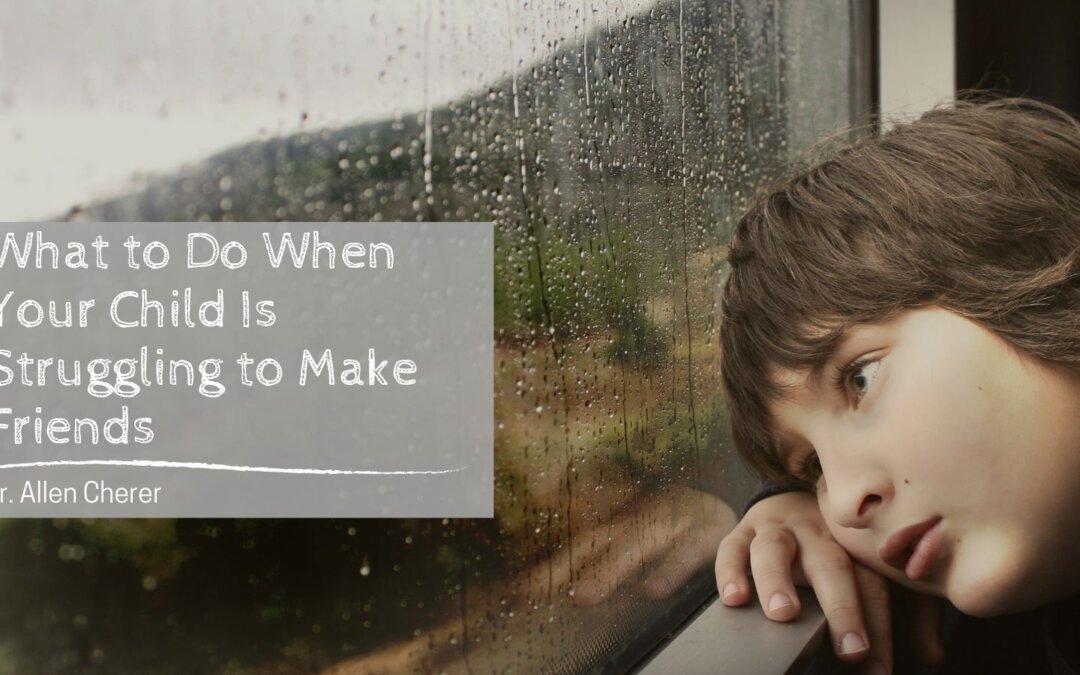Before children, holidays often mean a whirlwind of social gatherings, late nights, and spontaneous plans. However, with the arrival of little ones, priorities and capabilities shift dramatically. Children thrive on routine and familiarity, which can be challenging to maintain during the busy holiday season. Additionally, the nature of events changes – adult-centric celebrations may not always suit children.
Parents often face the pressure of creating perfect holiday memories for their children, mirroring the idyllic scenes portrayed in media. Managing the expectations of extended family and friends, who may have set traditions and plans, can be a delicate balancing act.
Navigating this new landscape requires a shift in perspective and approach. Parents must balance participating in festivities and maintaining their children’s comfort and routines.
Planning and Preparation
Effective planning is critical to navigating holiday events with children. This involves choosing which events to attend based on their child-friendliness and the likelihood of them aligning with your family’s routine. It’s essential to prioritize events with the most meaning for your family and politely decline others to avoid over-committing.
Preparation also includes logistical considerations, such as packing a bag with essentials for your child – snacks, toys, a change of clothes, and any necessary bedtime items if you plan to stay out late. If attending events at others’ homes, communicating with the hosts about your children’s needs, such as a quiet space for napping, can be helpful.
Preparing your children for what to expect can make the event more enjoyable. This includes explaining the occasion, who will be there, and any activities that might take place. For older children, discussing expectations around behavior and manners is also crucial.
Setting Realistic Expectations
Setting realistic expectations is crucial for enjoying holiday events with children. This means accepting that holidays with children won’t mirror your child-free experiences. Events must be shorter, less frequent, or more flexible to accommodate nap times and early bedtimes.
Understanding that things may not go as planned is also essential. Children can be unpredictable; what works one day may not work another. Being prepared for potential meltdowns or needing to leave an event early can reduce stress for parents.
Moreover, it’s essential to manage expectations with family and friends. Communicating your new needs and limitations as a parent helps set the stage for a smoother experience. This includes being upfront about the duration you plan to stay at an event or the activities your family can participate in.
Lastly, parents should temper their expectations of creating the ‘perfect’ holiday. Embracing imperfections and focusing on the season’s joy rather than an idealized version of events can lead to a more relaxed and enjoyable holiday experience.
Embracing New Traditions
Having children is an opportunity to create new holiday traditions. This can include activities specifically geared towards children, such as holiday craft-making, baking sessions, or reading holiday-themed books. These activities make the holidays unique for children and create lasting family memories.
Incorporating children into existing traditions in a meaningful way is another approach. For example, if attending a religious service is a tradition, finding a child-friendly service or explaining the event’s significance to older children can be enriching.
Moreover, parents can start traditions considering their children’s interests and ages. This could mean watching a particular holiday movie every year, going for a family walk to see neighborhood lights, or volunteering at a local charity.
Finally, it’s essential to be flexible with traditions. What works one year might not be suitable the next as children grow and change. Being open to evolving habits ensures the holiday spirit remains vibrant and inclusive for the entire family.
Navigating holiday events with children requires a blend of planning, realistic expectations, and a willingness to embrace new traditions. By prioritizing and preparing for events, parents can ensure a smoother experience for the whole family. Setting realistic expectations helps in managing the inevitable unpredictability of parenting.

